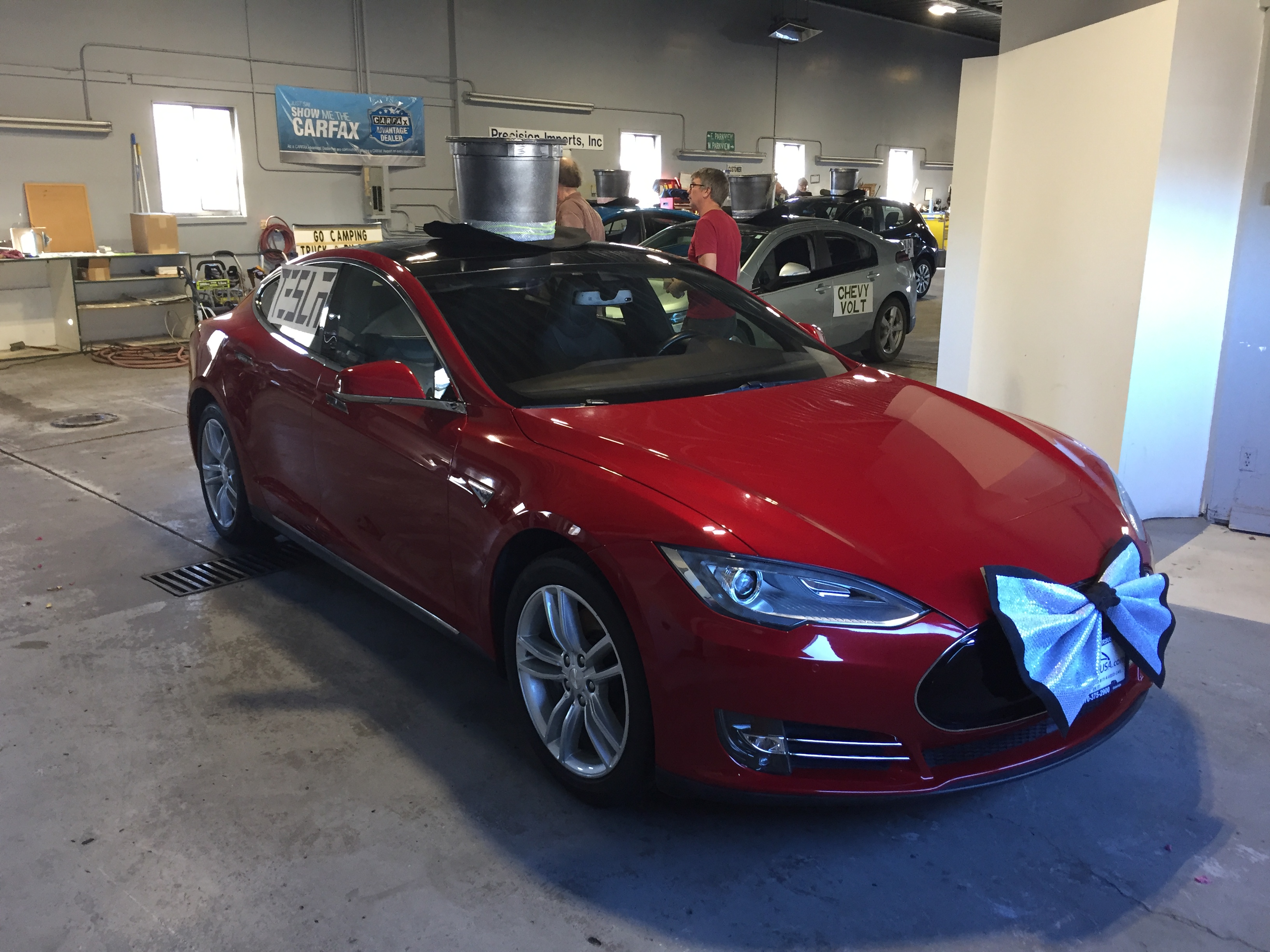The covid pandemic has battered companies worldwide, especially automobile producers. The glaring exception has been Tesla, whose global sales have soared even while the majors tanked (especially in the second quarter of 2020). For at least one month, sales of the Tesla’s Model 3 in California exceeded those of any other model – gas or electric – by any manufacturer. This may account in part for the aggressive behavior of Elon Musk in attempting to exempt his US manufacturing plant from covid workplace restrictions. Globally, Tesla is now the unchallenged leader in EV sales, with first half 2020 model 3 sales exceeding those of all other models by a factor of about ten (the second place model is one sold only in Europe). Sales of EVs of other manufacturers have held up better than those of internal combustion engine (ICE) models, but only marginally so. The Chevy Bolt is doing okay, but is not in the same league as sales of the comparable Tesla model 3.
To what can we attribute the phenomenal sales record of Tesla? It isn’t their network of local dealerships (the nearest are in Albuquerque and Denver). The chatter in the automotive and investment magazines has focused on the technological prowess of Tesla engineers. Many have mentioned the cult-like allegiance of Tesla owners, and the over-the-air software updates. Investors have shifted vast funds into the purchase of EV stocks, with the result that Tesla is now arguably overpriced (at one point the nominal value of Tesla exceeded that of the other major car manufacturers and traditionally mighty enterprises such as Exxon-Mobil and Microsoft). Today the price of Tesla’s stock has fallen back to a still extraordinary level, and it is paralleled by soaring evaluations of companies that have yet to produce an EV: Rivian and Lordstown for example.
I am awed by the success of Tesla, and wonder what is behind it. My hunch is that Tesla’s long-lasting batteries, cool features, and over-the-air software updates are only part of the story. Furthermore, post-purchase consumer feedback suggests that Tesla may have the highest rate of assembly flaws of any car manufacturer. The J.D. Power survey of 2020 model-year purchasers found an average of 166 problems per 100 vehicles over all manufacturers, but 250 problems per 100 Tesla vehicles (cnbc.com/2020/06/24/tesla-lags -auto-industry-in-qualiy-finds-new-jd-power-study.html). And Teslas can be pricey. Certainly, Tesla gains from its notoriety, but I think car buyers are holding back from buying the other brands of EVs because those do not come with a network of fast chargers for cross country travel. The other car manufacturers are waiting for the public (i.e. tax dollars) to build the needed charging infrastructure; Tesla invested. What do you think is responsible for Tesla’s success? If you have an idea, please add a comment to the box following this article; civil opinions will appear on the site after cursory screening for relevance (we get a torrent of spam).


For me, it’s the fun of driving my Model 3. It’s fast and handles great. Also, road trips are easier with autopilot doing most of the driving for me. It makes for a less stressful and less exhausting experience on long drives. I think most Tesla owners appreciate the long range and supercharger network, which make Teslas work well not only around town, but on longer trips too. Why bother with a fossil fuel burning car when an EV works as well, if not better? I’m looking forward to trading up to a Tesla Cybertruck once they’re available. It will be even better for winter and off-road driving here in the Four Corners.